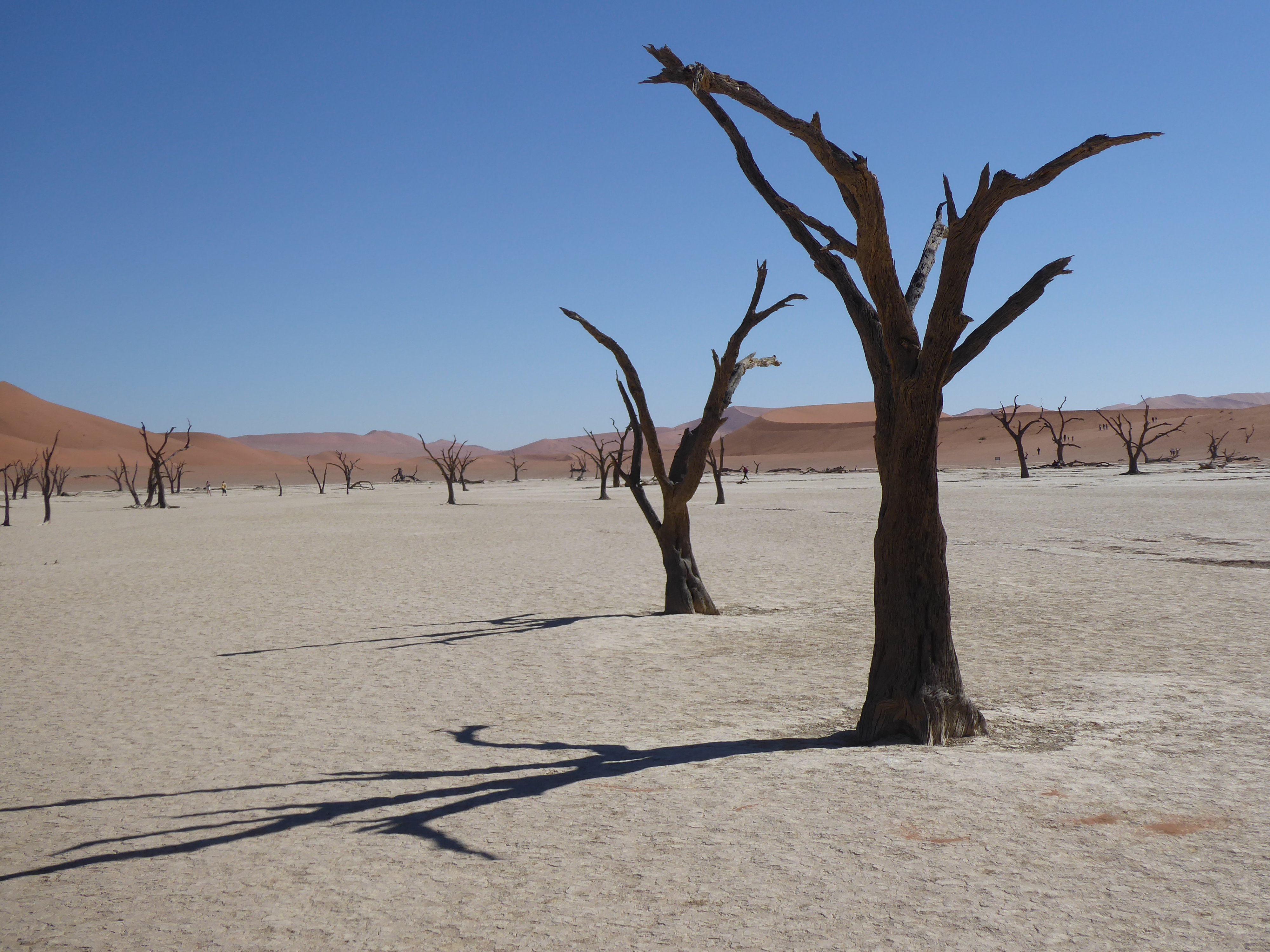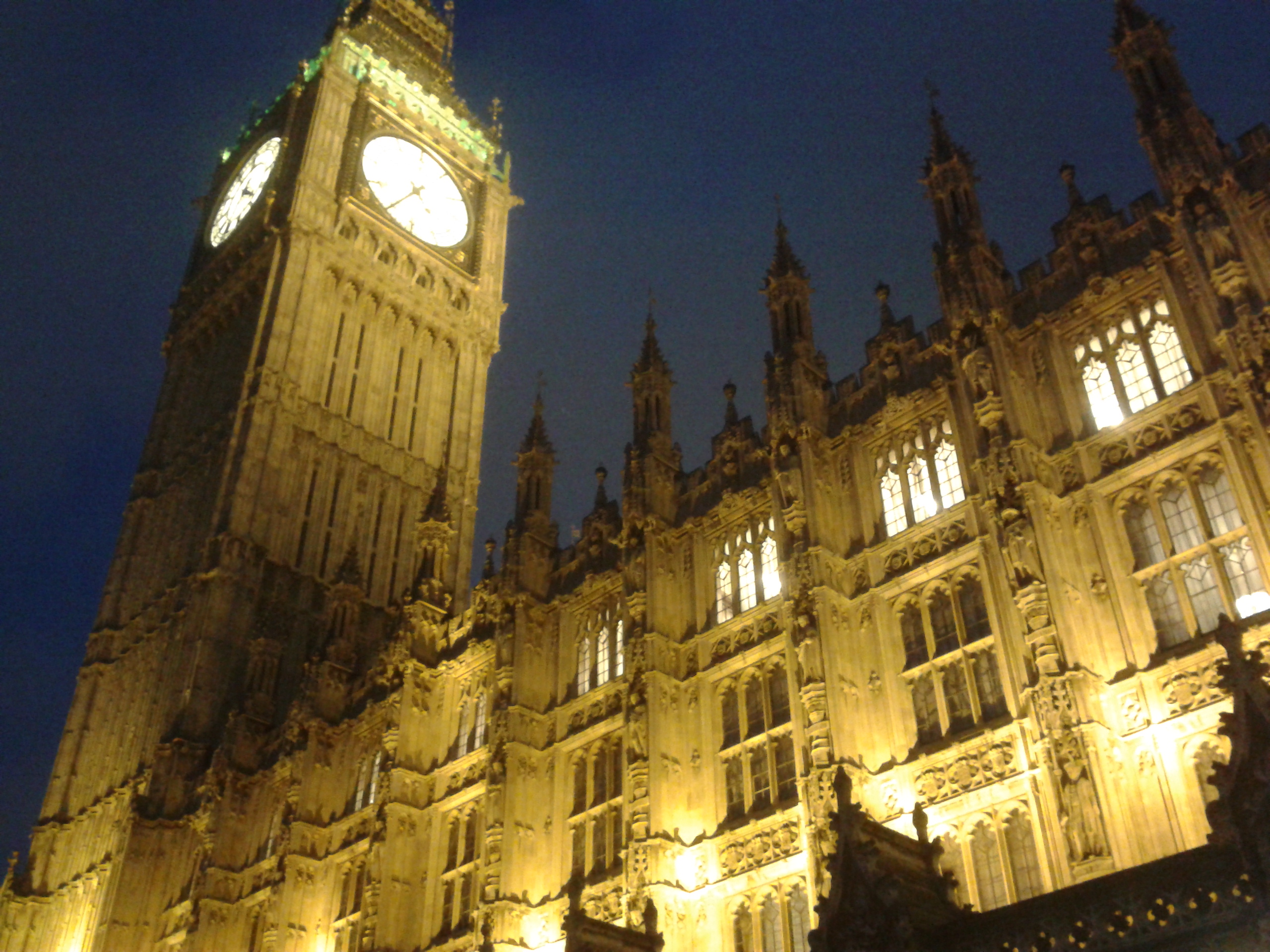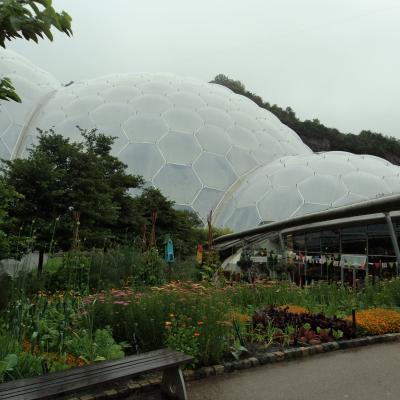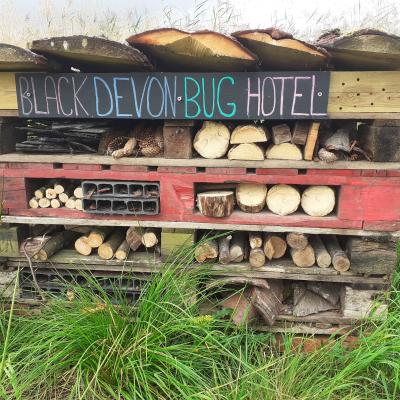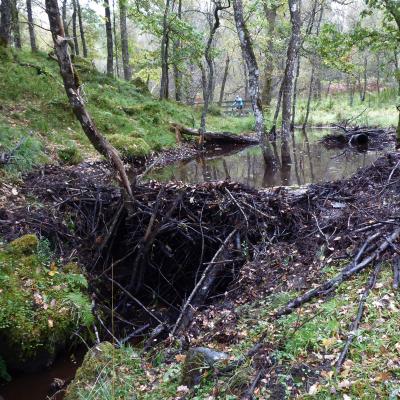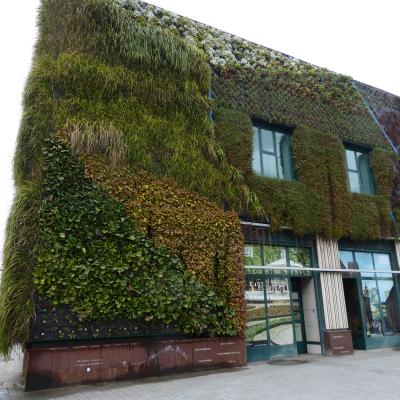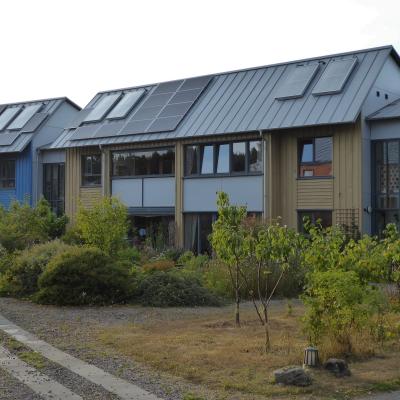I've set myself a difficult challenge. To identify 12 solutions to solve climate change. Of course I could suggest "stop burning fossil fuels" but that would not be very helpful or practical. So, here we go with some ideas that are not yet mainstream.....
1) Education is a good place to start. Ensure every student leaves school with a thorough understanding of climate change and ecology but focused on the scale of the challenge. How many wind turbines does it take to replace one coal power station; how many trees would you need to plant to offset buying an electric car - and what if these trees burn down?
2) Education for adults. Run a massive online course of climate education for employees across all industries, bring in night classes for older people. Most managers, politicians and business directors did not learn about climate change at school and have picked up their beliefs from the news, or even worse from social media.
3) Education again, but this time a cultural change around our food and drink choices. Introduce mandatory carbon labelling for all common foods and drinks sold in supermarkets and restaurants. People will see that certain items like meat, dairy and many highly processed foods have a disproportionate impact. Introduce low carbon diet factsheets, recipes and cookery classes to help transform our dietary choices to be healthier, tastier and better for the environment.
4) Tax the 'bad', subsidise the 'good'. Overhaul our tax system towards basing taxes on the extraction of raw materials, burning fossil fuels, the consumption of luxury goods and the disposal of waste. Reduce income tax and corporation tax to compensate.
5) Stop subsidising large landowners to maximise production productivity. Scrap all existing farm subsidies and introduce a completely new system that rewards environmental beneficial behaviours and actions. Provide help to sheep, cattle and dairy farmers to diversify.
6) Give tax breaks to community tourism projects to share the benefits of tourism more widely. At present mass tourism is dominated by multi-national companies with the benefits and profits transferring elsewhere. If the local community benefits from tourism then they are more likely to work to protect the wider environment that tourism depends on.
7) Invest in 'living streets'. Places that are good to live in, where people can walk or cycle to access key services like schools, shops and workplaces. Towns and neighbourhoods with a population density sufficient to support public transport. Introduce traffic calming, water features into the urban landscape, create parks and play parks and plant trees in streets. Bring nature into the town.
8) Introduce regulations for manufacturers and retailers to provide long product guarantees - say 10 years for cars, household appliances, electronic and electrical goods. They will then ensure products are made to a higher quality standard and that goods are designed to be repaired. This will benefit us all.
9) Solve the housing crisis and the ongoing pressure to build new houses and settlements out of town. Add VAT to new houses, remove VAT from energy efficient refurbishments. Encourage people to live in homes suited to their changing needs - provide incentives for people to downsize, share accommodation or to move closer to work or school. This could be implemented, for example, by reforming Stamp Duty and similar taxes.
10) Announce dates when the gas supply will be cut off from certain areas. Repurpose the gas grid street by street to take pre-warmed non potable water into homes, with heat pumps to boost the temperature for use in normal wet radiators. Programme to be led by the energy companies as through long term planning and economies of scale the cost will come down. Energy companies will pay for the changeover (subsidised by government) whilst owners and tenants will pay a bit more on their energy bills.
11) Introduce a set of industry approved 'standard' packaging containers. Consumers can return them through the local authority waste collection service to a central point to be cleaned and redistributed back to manufacturers for reuse.
12) Change Company Law. At present companies enjoy the legal privilege of 'limited liability'. It encourages risk taking which is the basis of capitalism and companies are free, in fact encouraged, to maximise profits. Add a new requirement for all companies to 'do good for society' in return for benefitting from the continued legal privilege of limited liability. Many companies, like John Lewis already choose to do this.
That's my 12, what are yours?
Carbon Choices
If you have enjoyed this blog, you might enjoy my book, Carbon Choices on the common sense solutions to our climate and nature crises. Available direct from me or http://www.carbonchoices.uk/index.php/buy. I am donating one third of profits to rewilding projects.
